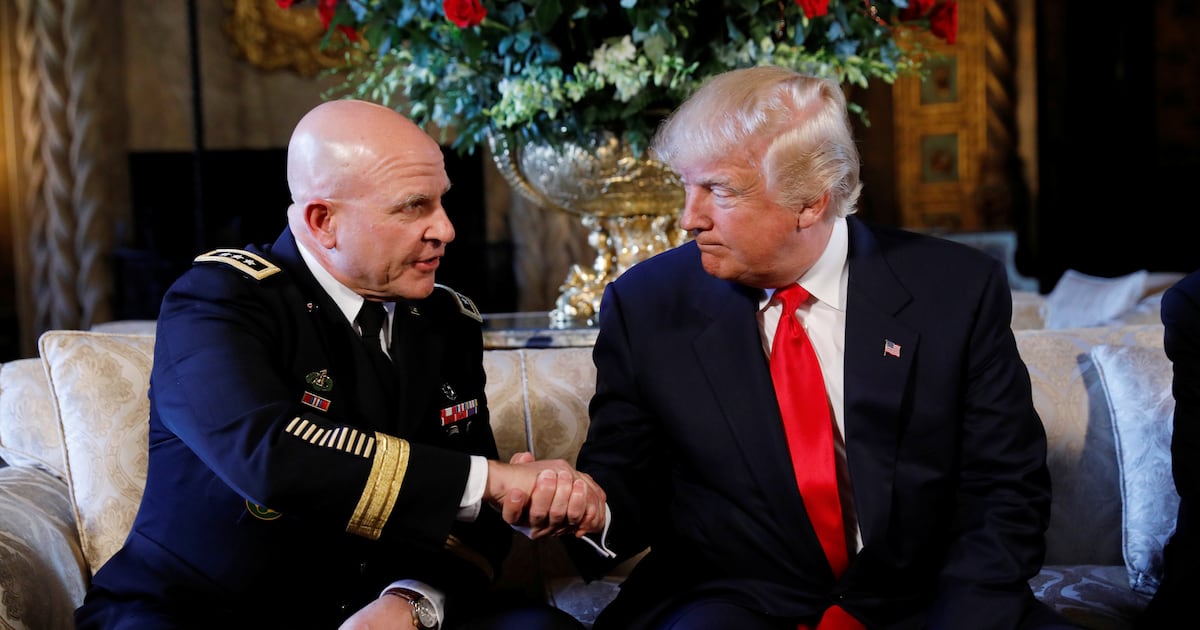Molly Ball writes at the Atlantic on why Republicans and Democrats are scrambling to recruit more women for political campaigns:
This preference for women candidates may surprise you if you’re accustomed to thinking of female politicians in terms of the barriers they face—from Geraldine Ferraro’s being asked on Meet the Press in 1984 if “the Soviets might be tempted to try to take advantage of you simply because you are a woman,” to Hillary Clinton’s being heckled at a rally in 2008 by men shouting “Iron my shirt!” Women in politics, it has long been assumed, are trapped in a disabling web of double standards—presumed by voters to be weaker and less capable leaders, but punished for violating gender norms if they do act tough or get angry. Even though women were elected to Congress in record numbers in 2012, their representation still languishes at just 18 percent in the House and 20 percent in the Senate.
And yet the political operatives may be onto something. Evidence suggests that double standards may have once applied but don’t any longer. Shields and Myers prefer female candidates for a simple reason: voters, they say, tend to assume women are more trustworthy, less corruptible, and more in touch with everyday concerns. In a white-male-dominated political system, women are seen as outsiders. “Voters want change,” Shields said. “A woman candidate personifies change just by being on the ballot.” Myers added that, in these intolerably gridlocked times, “voters believe women are more likely to compromise and find common ground and solutions, and less likely to argue and triangulate for political advantage.” Both consultants also emphasized that women are harder to criticize than men. Sharp-edged attacks, particularly by male rivals, risk running afoul of the societal bias against, essentially, hitting a girl. The classic example: Clinton’s 2000 Senate race, in which her opponent, Rick Lazio, left his podium during a debate to demand that she sign a campaign-finance pledge. Lazio’s physically confrontational gesture was regarded as bullying, and helped sink his campaign.





